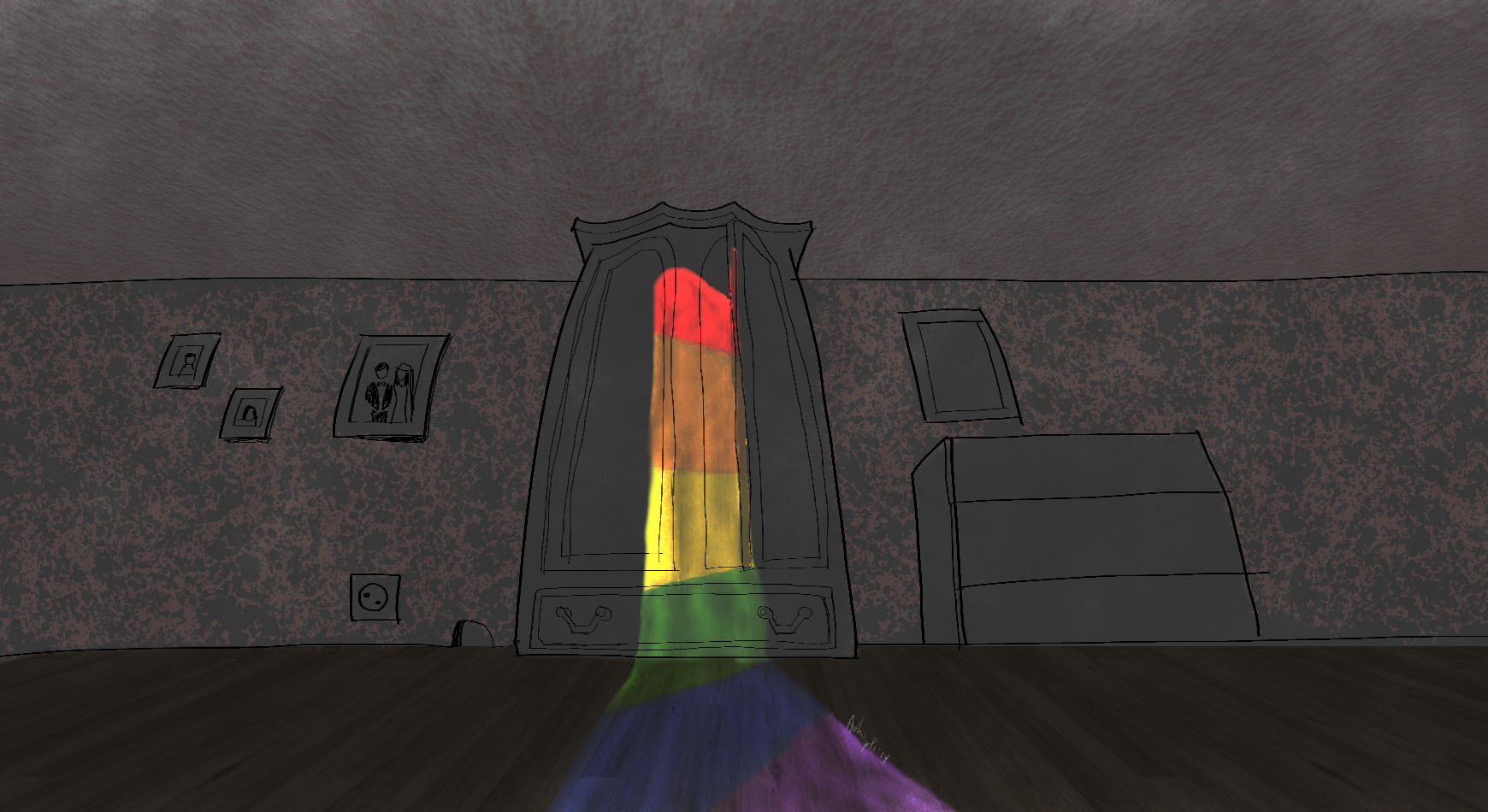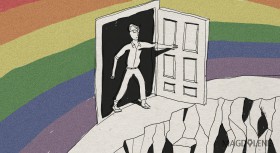“You own everything that happened to you. Tell your stories. If people wanted you to write warmly about them, they should have behaved better.”― Anne Lamott, the author of Bird by Bird: Some Instructions on Writing and Life
In the spirit of the National Coming Out Day in the United States that falls on October 11, I couldn’t help but notice how some of the privileged – and by “privileged” I mean everyone born with the “right” body and sexuality – was dismissive or outright offensive to anyone embracing their queerness.
Some take a different path; they prefer to dodge whenever this “uncomfortable” topic came out, because in our patriarchal society, silence and ignorance are necessary to keep the world – the one that is oppressive to LGBTQ community – going like normal. While some say that the common thread shared by these groups is an innate, burning hate for LGBTQ identity because it is sinful; I argue that it goes deeper than that. It is about the deep rooted hate for those who dare to question and speak up against patriarchal convention.
I am not here to argue for why more LGBTQ folks need to come out or why they don’t. Rather I want to explore what does it mean to decide to come out in this heteronormative world.
Also read: How Coming Out to the Right Person Helped Me Find Redemption
The contagious waves of bravery
You don’t get to choose to be queer, but coming out is all about choice. It’s about deliberating whether your family would still love you the same way if they knew that you love differently. It is about the willingness to lose everything for the sake of living unapologetically. Even those who are against LGBTQ identity may find it hard to argue that coming out is perhaps the most courageous thing to do.
And what’s more: courage is contagious. People tap into that energy because it is a quality that everyone wishes they had.
Homophobia thrives in silence and ignorance
While people who come out decide to do so for the sake of liberation – the embodiment of the expression “the truth shall set ye free” – they may not realize that coming out is also a way to question convention, challenge stigma and discrimination, and call out structural injustice by making their presence truly felt. Anyone who embrace their queerness makes the whole notion of LGBTQ no longer a theory in a book or a scary headline in radical newspapers, but something that lives and exists among us. If one of your distance relatives came out, there must be someone in the loop who would be curious and would check out reliable facts about queerness and the whole exercise would undoubtedly broaden their perspectives. They might even end up changing their stance on the issue.
Also read: No Country for LGBT: Moral Panic and Persecution of Sexual Minority in Indonesia
Owning one’s stories
If we dig deeper to unpack the foundation of why we tell people our stories, it is because we own everything that happened to us and that we are the pilot who determines how our stories might affect others. In Indonesia where a total acceptance of LGBTQ identity may not happen in the next 50 years, I still believe that we can act more to create an environment where no one should be attacked for telling their stories, for calling out discrimination, and for coming out. Better yet, we need to comfort our LGBTQ folks that they should not feel sorry for being who they are and to be supportive should they decide to share how standing in their shoes feels like.
All in all, coming out is about owning your stories and everything that happened to you. That is admirable. There is an honor in that – don’t let people convince you otherwise.







Comments